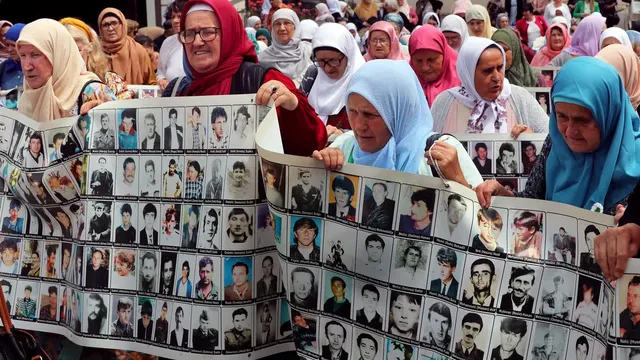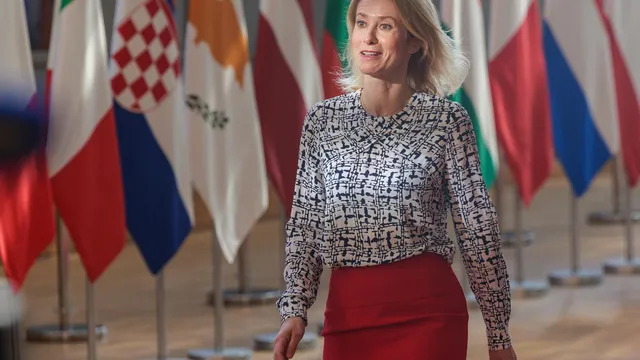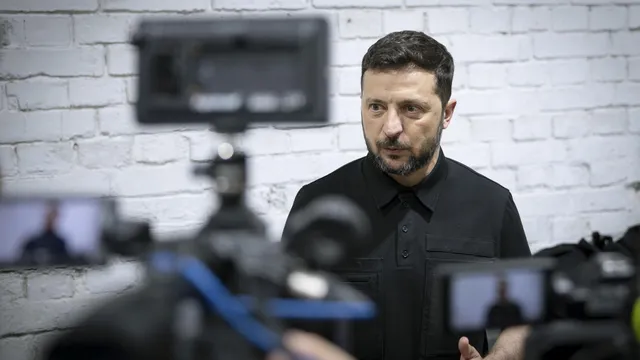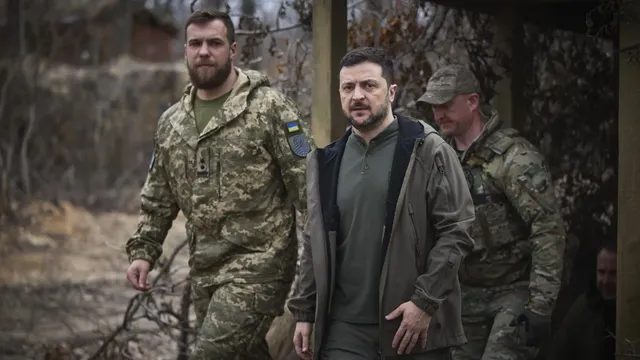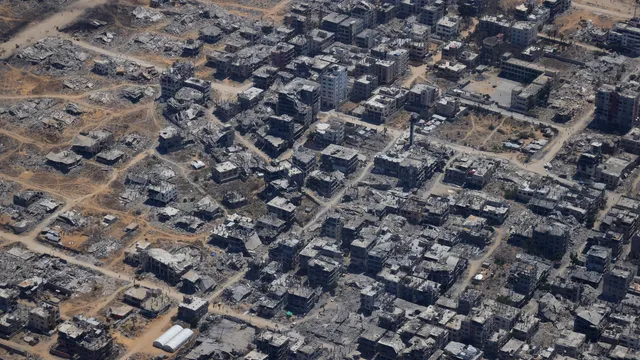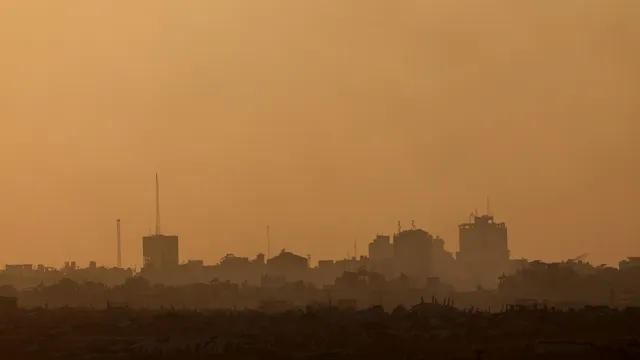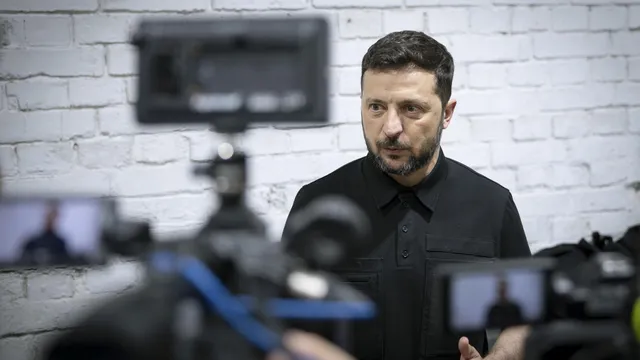It took Zehra Murguz years to testify about what happened to her and other Muslim women in the “rape camps” run by Serbian forces during the war in Bosnia.
One of the horrific memories that prompted her to testify was seeing a 12-year-old girl “with a doll in her hands” being taken to one of these camps.
Murguz believes she is speaking “on behalf of all the others, of that 12-year-old girl who will never speak... who was never found.”
Her ordeal began in the summer of 1992, when Serbian forces took over the mountain town of Foča and Murguz was taken to the Partizan sports hall, one of several notorious rape camps run by the Serbs.
For months, dozens of Muslim women and girls were gang-raped and forced into sexual slavery. Others were sold or killed.
At least 20,000 people suffered sexual violence across Bosnia as Yugoslavia disintegrated in the worst war Europe had seen since 1945.
Most of the victims were Bosnian Muslims, but women of Serbian and Croatian origin were also affected.
In 2001, the International Criminal Tribunal for the former Yugoslavia became the first court in Europe to recognize rape as a crime against humanity with a landmark verdict against three officers of the Bosnian Serb army from Foča.
While a handful of survivors, driven by a thirst for justice, continue to gather thousands of testimonies, many of them have remained silent for more than three decades.
14 years in prison for triple murder and rape
61-year-old Murguz began her legal journey when she returned to Bosnia in 2011, after years of exile in Montenegro, Serbia, and Croatia, to bring her neighbor to justice for raping her during the war.
“If I don't speak out, it's as if the crime never happened,” she says. “He still lives in Foča and is not in hiding.”
In 2012, he was arrested and brought before the local court.
Going there was “like going back to 1992,” to the ‘agony’ of that time, the survivor recalls. “I stood face to face with him, we looked each other in the eyes, and justice prevailed.”
The man was sentenced to 14 years in prison - “a light sentence,” says Murguz, “for the murder of three people and rape.”
But the sentence finally “stamped his true identity as a war criminal,” she told AFP from a sewing workshop in Sarajevo run by the group “Victims of the War Foca 1992-1995.”
Around her, other survivors weave together—a form of collective therapy.
“To date, only 18 convictions have been handed down for crimes related to sexual violence committed in Foca,” said the group's chairwoman, Mideta Kaloper, 52.
“Three trials are ongoing. A lot of time has passed and the witnesses are exhausted.”
She herself was the victim of an “indescribable, inexplicable crime” in Gorazde, “the worst torture a girl can experience.”
Mideta still hopes that the suspect will be tried in Bosnia rather than in Serbia, where he now lives.
Kaloper warned that in the last five years, things have been “at a standstill,” with 258 cases involving 2,046 suspects still pending, according to the High Council of Magistrates.
According to the OSCE monitoring mission, by the end of last year, Bosnian judges had reviewed 773 war crimes cases, more than a quarter of which involved sexual violence.
It said there had been “significant delays” in hundreds of other cases where suspects had not yet been identified.
“What kills us most is the excessive length of these proceedings,” Kaloper said.
“A time bomb”
“We have been fighting for 30 years and our only real success is the adoption of the law on civilian victims of war, under which survivors can receive a pension of around $400 a month,” Kaloper said.
However, the law only covers the Muslim-Croat half of Bosnia and those living there, but not those living in the Republika Srpska (RS) and the small mixed area of Brčko in the northeast of the country, which have different judicial systems.
Around 1,000 survivors have been granted war victim status in the Muslim-Croat federation and another 100 or so in the RS and Brčko, says Adna Mahmić of the Swiss legal NGO Trial International.
She says rape still carries a particular stigma. “Unfortunately, as a society, we still place the blame and shame on the victims rather than the perpetrators.”
“Many survivors do not feel safe,” Mahmic said. “Some of the perpetrators still live freely, while others work in state institutions, some of them in leadership positions.”
Not to mention the continued glorification of “war criminals (in the Balkans) and the trivialization of the suffering we have endured,” added Kaloper.
Almost half of the current cases are delayed because the defendants are abroad, according to a January OSCE report.
Another “worrying trend is the widespread refusal of courts to award compensation to victims” in criminal cases, the OSCE adds.
While witnesses in The Hague can give anonymous testimony, in Bosnia there is nothing to protect their identity in civil proceedings for compensation.
“Even today, it is very difficult for victims to speak out,” said 71-year-old Bakira Hasecic, head of a group of women victims of the war, adding that they carry “the weight of this tragedy in their hearts.”
Many of them follow what their former tormentors are doing on social media.
It is an emotional “time bomb that can explode at any moment and cause some to call us,” Hasecic added.
“Although more than 30 years have passed, in the last few months alone, 15 more victims have come forward to speak out,” Hasecic said. | BGNES
----------
Anne-Sophie Labadi and Rusmir Smadzilhodic, AFP

 Breaking news
Breaking news
 Europe
Europe
 Bulgaria
Bulgaria
